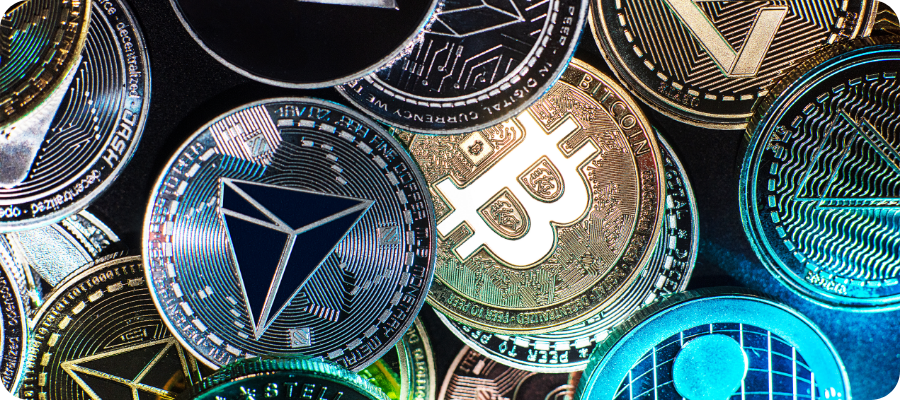[ez-toc]
Most people, even if they don’t follow crypto or play online games, have heard the term “digital coins.” It’s a broad label. But depending on where you’re seeing them—on a crypto exchange or inside a game—they mean two totally different things.
Let’s say you’re in a social casino. You log in, grab a daily coin reward, maybe even enter a bonus code for extra play coins. Some sites promote stuff like wild vegas no deposit bonus codes that let you try games without even tapping your own coin stash. These virtual coins feel valuable inside the app—but only inside the app.
Now compare that to something like Ethereum or Bitcoin. The difference isn’t just technical—it’s foundational.
Crypto Coins: Digital Assets That Actually Hold Weight
Crypto coins live on blockchains. These are public, decentralized systems where ownership is trackable, transparent, and not controlled by any one person or company. If you own crypto, you actually own it. No one can just take it away or freeze it—unless, of course, you lose your keys. That’s on you.
People get into crypto for a bunch of reasons. Some see it as a store of value. Others use it for accessing decentralized applications or moving coins across borders. Prices change constantly, and not always in ways that make sense. But that’s part of the appeal—it’s dynamic, and for better or worse, it’s tied to real-world demand.
Virtual Coins: Purely for Fun, Controlled by the Platform
Now back to those coins in your favorite game. They might look flashy or feel important, especially after a big in-game win, but they’re not assets. They’re more like game tokens. The platform gives them, takes them, controls how they’re used, and—if it feels like it—changes the rules.
You can’t trade them on the open market. You can’t send them to your friend. You definitely can’t cash them out. That’s not their job. Their purpose is to enhance gameplay and keep you engaged, not to hold or transfer value.
Ownership? Not Really.
This one’s a biggie. In crypto, you hold the keys, you own the coins. It’s that simple. There’s a public ledger keeping track, and nobody’s pulling strings behind the curtain.
Virtual coins? You don’t own them at all, even if you have millions of them. If the app goes offline tomorrow, those coins go with it. They’re tied to the game’s internal system. It’s kind of like having chips in a video poker machine—fun, sure, but not yours in any permanent sense.
Why They Matter: Two Different Types of Value
Crypto’s value is market-driven. People want it, so it becomes valuable. Prices shoot up or drop depending on a million factors—some rational, some not. There’s also scarcity involved. Bitcoin, for instance, has a hard limit on how many coins will ever exist.
Game coins, on the other hand, are generated by the platform. There’s no scarcity. If players are running low, the game can just hand out more. The value is built into the experience, not the market. Developers tweak coin flows to keep players active and happy, not to reflect external economics.
Why People Use Them: Dollars vs. Dopamine
People use crypto for long-term potential, investment, utility in blockchain ecosystems—even ideological reasons. Virtual coin users? They’re looking to pass time, win prizes inside the game, or just enjoy a couple of spins after work.
There’s psychology at play with both, though. Watching your crypto grow can feel like winning. Seeing your coin balance skyrocket after a good run in a game can feel just as satisfying. It’s not about what the coin is, but what it represents in that moment.
Rules and Red Tape
Crypto operates in a gray legal area in many places. Most governments now expect exchanges to follow identity checks and financial laws. Some countries embrace crypto, others restrict it heavily.
Virtual coins usually sidestep all that because they don’t have real-world value. They’re classified as entertainment. So long as you can’t cash out or convert to real assets, the rules stay relaxed. Still, some researchers—like those at Stanford’s Blockchain Research Center—are watching this space closely. There’s growing interest in applying blockchain to games, even if the coins themselves don’t leave the system.
That’s the full breakdown—two types of digital coins, two totally different ecosystems. One is tied to open markets and long-term ownership, the other designed for play and temporary fun. Both have value. Just make sure you know which world you’re in when you start stacking up coins.
